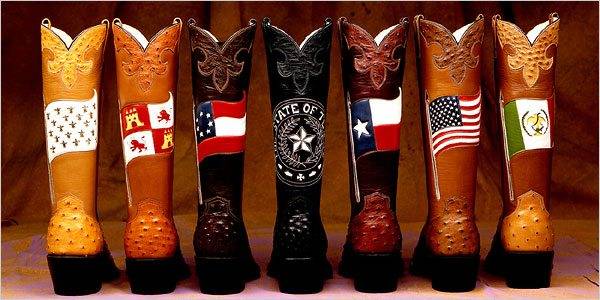Do you know the regulations for medical waste disposal in Texas?
Texas possesses three of the top 10 most populous cities in the United States. These cities are Houston, Dallas and San Antonio. The state also has specific rules and regulations regarding regulated medical waste disposal. Boy, that’s a lot of R’s!
Image: Bob Bullock Texas State History Museum
Classifications of Waste
In the state of Texas, medical waste is defined as waste that includes treated and untreated special waste from health care-related facilities that is comprised of animal waste, bulk blood, bulk human blood, bulk human body fluids, microbiological waste, pathological waste, and sharps, as well as “regulated medical waste.”
[cta id=”5178″ vid=”0″]
The term “medical waste” does not include any waste produced on a farm or ranch or any artificial, nonhuman materials removed from a patient and requested by the patient. This can include but is not limited to orthopedic devices and breast implants. When referring to health care-related facilities this does not include single or multi-family dwellings nor does it include hotels, motels, or other establishments that provide lodging and related services for the public.
Medical waste is defined as any one of the following:
- animal waste from animals intentionally exposed to pathogens
- bulk human blood and blood products
- pathological waste
- microbiological waste
- sharps
Types of Wastes
Medical waste is defined as any one of the following:
- Animal waste from animals intentionally exposed to pathogens
- Bulk human blood and blood products
- Pathological waste
- Microbiological waste
- Sharps
Storage Requirements
Medical waste in the state of Texas must be stored in a secure manner. It must be placed in a location protecting it from theft, vandalism, inadvertent human or animal exposure and also offers protection from the elements (rain, wind, etc.). The waste must be managed so as not to provide a breeding ground or food for insects or rodents. It must also not generate any noxious odors.




